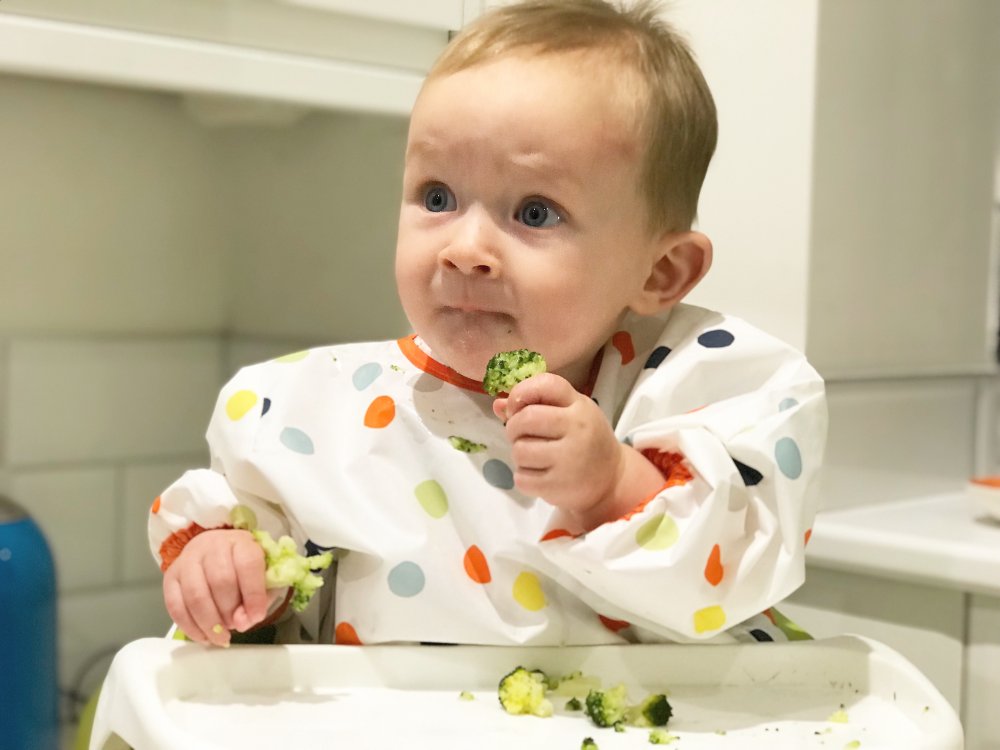As we enter a new decade many of us will be wondering about what’s to come. For some of us, this could mean a new career, new home or even starting a family. There’s even been talk about the retro baby names expected to explode over the next 10 years.
For those with children, however, there are many more milestones to look forward to. One you may not have thought of is feeding your baby solid foods. However, this is extremely important, which is why you’ll find a breakdown of everything you need to know when it comes to babies and solid foods below.
When to introduce solid foods
This isn’t a clear-cut answer either way, because, as we know, every child is different. Therefore you need to look out for signs of readiness, which we’ll take a look at below. Although, when consulting with a doctor, most say that children can start to consume solid foods at around four to six months old. This is because they won’t have the skills to swallow and their digestive systems won’t be ready until at least they’re four months of age.
Before this, breast milk or formula is all your baby will need as it provides all the nourishment they need and can handle.

How can I tell?
When it comes to feeding your baby solid foods, the signs will be there. This is the readiness mentioned above, but, what does readiness look like? Well, the cues that you’ll need to look for include:
- Head control: your baby will be able to keep their head upright in a steady position
- Sitting well: your baby will be able to sit well when supported, therefore being able to sit upright in an infant feeding position while sitting in a seat or highchair
- Extrusion reflex: or more importantly, the loss of it. To move on to solid foods, your baby will need to be able to move food to the back of their mouth to swallow, rather than using their tongue to push food out of their mouth
- Curiosity: your baby may even let you know they’re ready before you even think they are through their own curiosity. If you notice your baby beginning to eye up your food, even opening their mouth for a spoonful, maybe it’s time to try them on solids
Solid food ages
Now that your baby is ready to start eating solid foods, it’s important to remember that you shouldn’t start feeding them everything straight away. After all, who doesn’t love a nice bar of chocolate? However, you should probably start a little slower when it comes to your baby. Below, you’ll find a simple list of what you can feed your baby and when:
- Four to six months: single-grain cereals
- Four to eight months: pureed veggies, fruits and meats
- Six to eight months: single-ingredient finger foods
- Nine to twelve months: chopped, ground or mashed foods
While this is an exciting time, there are also foods you shouldn’t give your baby, such as:
- Honey
- Cow’s milk
- Nuts
- Popcorn
- Whole grapes
- Nut butter
As the decade unfolds in front of us, there are more exciting times than you could have ever dreamt of for those with small children. Have fun!










No Comments